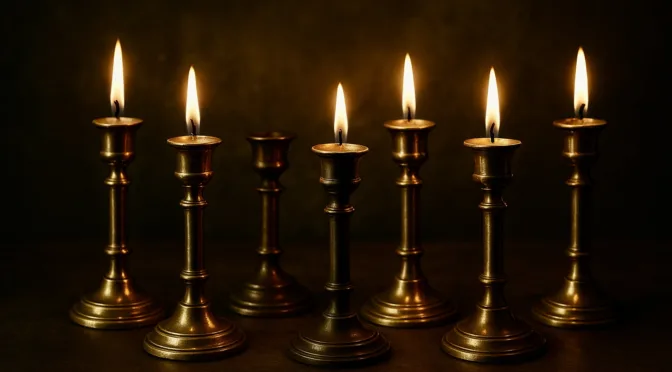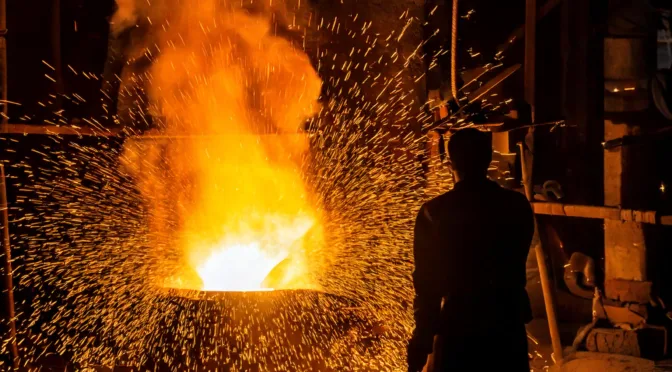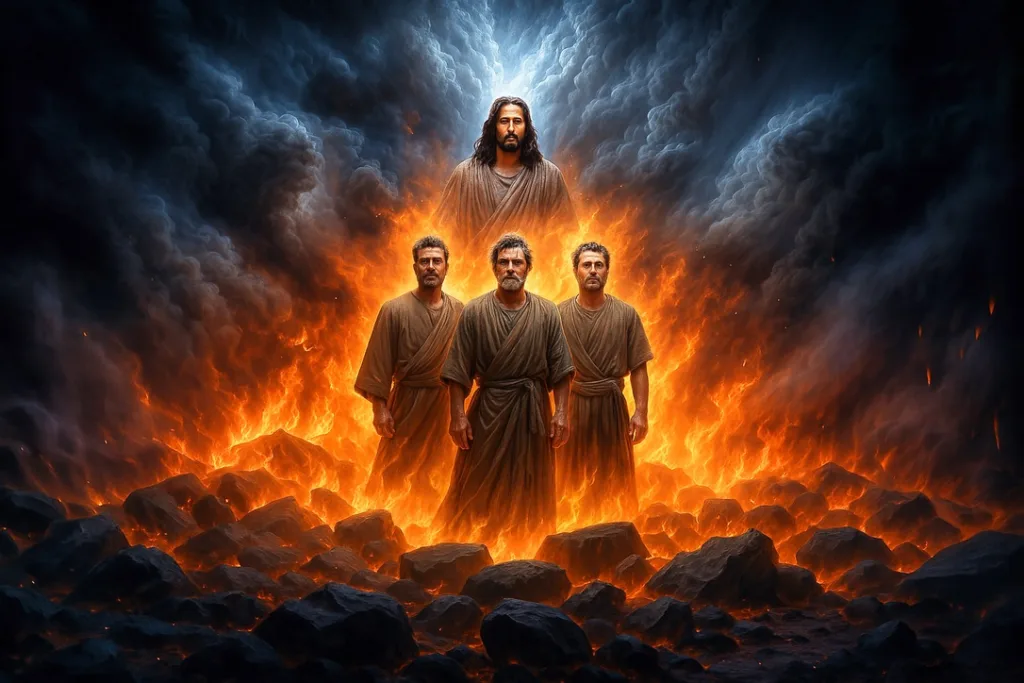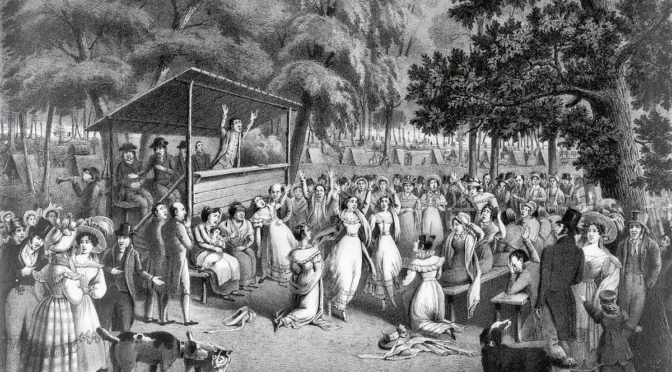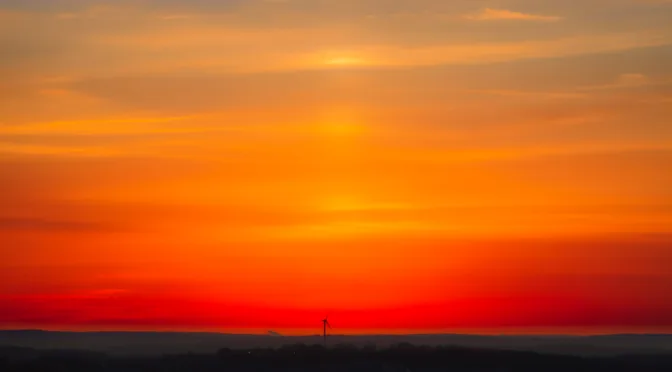Escaping the Trap of a Dead Church
“To the angel of the church in Sardis write: These are the words of Him who has the seven Spirits of God and the seven stars: ‘I know your deeds, that you have a name that you are alive, and yet you are dead.’” – Revelation 3:1 (NASB)
Revived by the Spirit. That is the call. That is the need. That is the cry the Spirit speaks to the churches even now.
You may have the name. You may have the reputation. People might look at your church, your ministry, your life, and say, “There’s someone on fire for God.” But the Lord who sees beyond appearances speaks a more sobering truth: “You are dead.” These are not the words of a critic. They are the voice of Yeshua, the One who walks among the lampstands and holds the seven stars in His hand. He sees. He knows. He grieves. But He also invites.
The danger of living among the remains
Just as a lifeless body is called “the remains,” many churches today are but the remains of what once was. There may still be motion, music, strategy, and sermons, but if the Holy Spirit has withdrawn, then all that’s left is the form without the fire. “For the form of godliness” without its power is a deception (2 Timothy 3:5, NASB).
Where the Spirit of God is absent, the church becomes an organization instead of a living Body. You begin to rely on business models instead of brokenness, marketing instead of prayer, and clever strategies instead of the Spirit’s leading. But the Church is not a brand. It is a Bride. And a bride without her Groom is not complete—she is waiting, or worse, wandering.
The prophet Ezekiel saw this when the glory of the Lord departed the temple (Ezekiel 10:18). The structure remained, the rituals continued, but Ichabod—“the glory has departed”—was written in the Spirit. Let it not be written over you.
How to be revived by the Spirit
But take heart. If the Word convicts you, it also calls you. If you feel the coldness in your heart, if you see that your church is operating on autopilot, it means the Spirit is still reaching out. He hasn’t left you to die. He is inviting you to live again.
“Wake up, and strengthen the things that remain, which were about to die; for I have not found your deeds completed in the sight of My God.” – Revelation 3:2 (NASB)
The way back begins with waking up. It is time to shake yourself from slumber and remember what it means to live for God—not by might, nor by power, but by My Spirit, says the Lord of Hosts (Zechariah 4:6). Revival does not come by accident. It comes by hunger, humility, and holiness.
You must return to the altar. Not the one made with hands, but the altar of your heart. Cry out, “Lord, breathe on me again. I don’t want to be the remains. I want to burn for You.” Let the wind of the Spirit shake your bones. Let the fire of God refine your desires. Let the voice of the Lord awaken every dead thing inside of you.
For the Lord is not looking for clever programs. He’s not impressed by packed rooms or smooth sermons. He is searching for those who will worship Him in spirit and truth (John 4:23). He is looking for living sacrifices, holy and acceptable to Him (Romans 12:1). The Holy Spirit is not a luxury. He is your lifeblood.
You were born to burn
You were not created to settle for a name without substance. You were not saved to operate in the flesh. You were born of the Spirit to live by the Spirit and walk in the Spirit (Galatians 5:25). So return to the Lord with fasting and weeping and mourning (Joel 2:12). Cry out until the fire returns. Dig until the well flows again.
Beloved, you were born to burn. Don’t be content with ashes. The Holy Spirit has not changed. He still comes upon those who wait, who hunger, who obey. Do not look back on what God once did. Seek Him now, for He is near to all who call upon Him in truth (Psalm 145:18). It’s time to be revived by the Spirit.
⸻
Let fire descend on hearts once cold,
Let breath return where death held sway.
Revive the ruins, break the mold,
And raise us in Your light today.
⸻
Prayer
El Shaddai, we repent of operating without You. Forgive us for relying on methods, models, and movements instead of pressing into Your presence. Holy Spirit, breathe on us again. Revive what was dead. Reignite our hearts. Fill Your Church with fire—not just emotion, but holy power. Let the world see a people alive in You, moving in You, shining with Your glory. We are not content with the remains. We long to be fully alive in You. In Yeshua’s name, amen.
⸻

